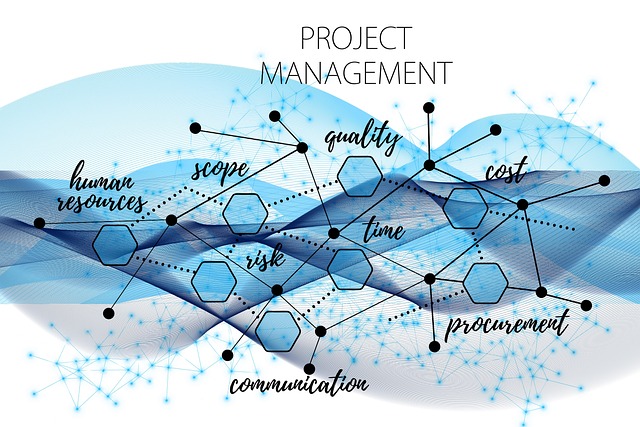Managing office spaces requires understanding business needs and customizing layouts, ergonomic environments, and tech integration for collaboration. Retail real estate is transforming with demands for experiential shopping and technology integration, requiring dynamic, flexible spaces. Industrial real estate prioritizes safety through rigorous inspections, advanced systems, and clear health guidelines, while embracing sustainability practices for environmental and financial benefits.
In today’s dynamic market, successfully overseeing office, retail, and industrial spaces is paramount for real estate professionals. This article delves into the intricate management strategies required for each sector, exploring trends and needs that drive success. From optimizing office layouts for productivity to understanding evolving retail dynamics and ensuring industrial safety and sustainability, these insights equip stakeholders with the tools to maximize property value. Discover expert advice tailored to navigating these diverse real estate segments.
Managing Office Spaces: Strategies for Success

Managing office spaces requires a strategic approach, especially in today’s dynamic real estate market. The key to success lies in understanding the unique needs of each business and tailoring space utilisation accordingly. This involves maximising square footage by implementing efficient layouts, ensuring ergonomic environments that promote productivity, and incorporating technology to facilitate collaboration and communication.
Additionally, successful office management includes overseeing maintenance and repairs, maintaining security measures, and providing excellent customer service to tenants. Regular inspections, prompt issue resolution, and open lines of communication foster a positive tenant experience, encouraging long-term leases and fostering a thriving work environment.
Retail Real Estate: Trends and Tenant Needs

Retail real estate has seen significant shifts in recent years, driven by evolving consumer behaviors and technological advancements. Tenants are increasingly seeking spaces that cater to experiential shopping, offering unique and engaging environments that extend beyond traditional retail formats. This trend underscores the importance of integrating technology, such as interactive displays and seamless digital experiences, into office and industrial spaces to meet modern tenant needs.
Real estate developers and landlords must stay attuned to these changing demands, focusing on creating dynamic, flexible environments that can adapt to diverse retail concepts. By embracing innovative design strategies and offering tailored amenities, they can attract and retain tenants looking to establish successful, long-lasting presences in the market.
Industrial Properties: Safety, Sustainability, and Value

Industrial properties play a vital role in the real estate landscape, offering unique advantages for businesses seeking space to operate and grow. When overseeing industrial spaces, safety is paramount. These facilities often house valuable equipment, handle hazardous materials, or involve physically demanding tasks, necessitating robust health and safety protocols. Regular inspections, well-maintained emergency systems, and clear occupational health guidelines are essential to protect workers and prevent accidents.
Moreover, sustainability has become a key focus for industrial real estate. Eco-conscious businesses prefer facilities with green features such as energy-efficient lighting, renewable energy sources, and sustainable waste management practices. Incorporating these elements not only attracts environmentally conscious tenants but also contributes to long-term cost savings and enhanced property value. In today’s market, prioritizing safety and sustainability can significantly increase the desirability and profitability of industrial properties.






